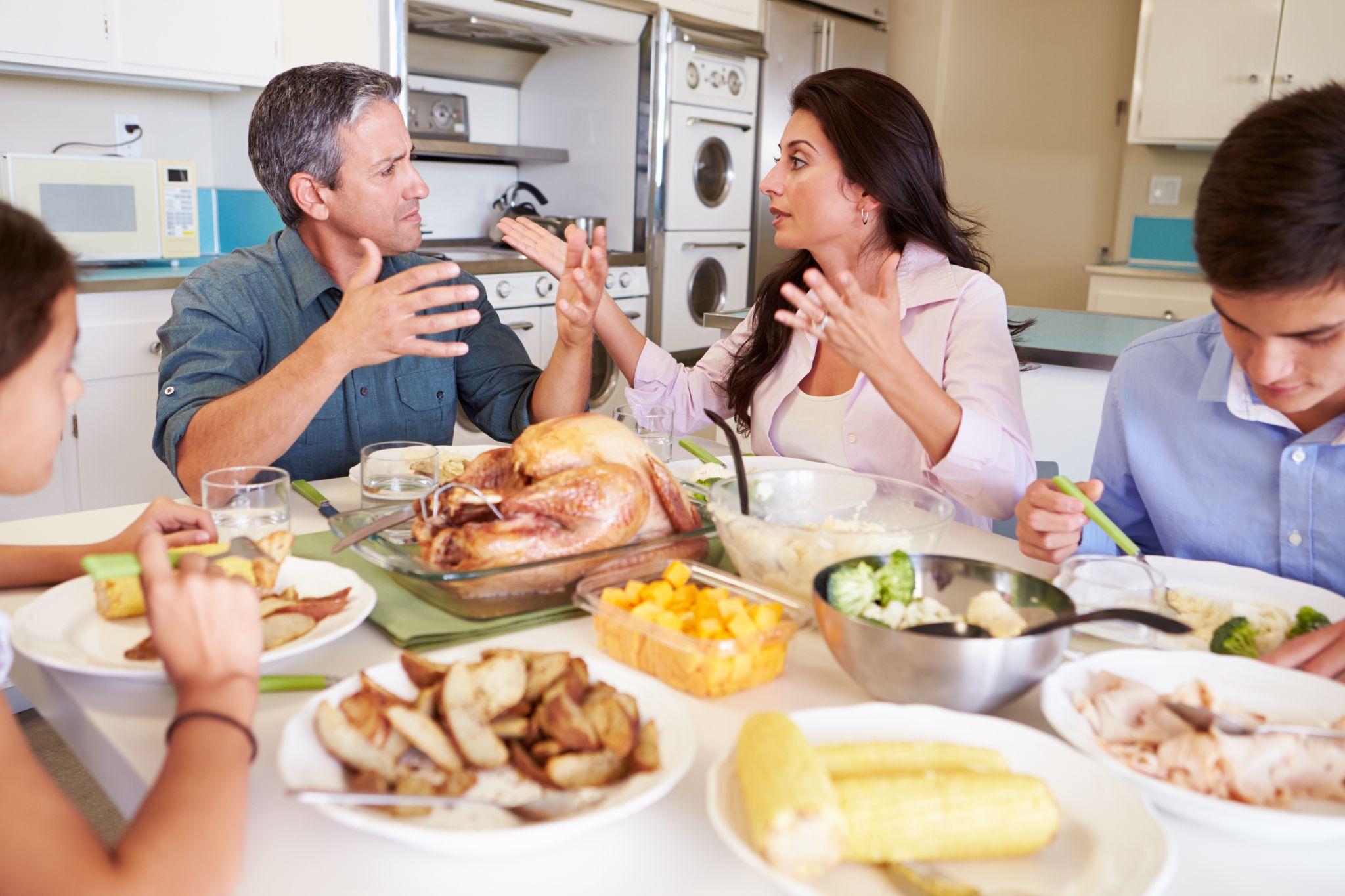The holiday season is often associated with joy, family reunions, and celebrations, but for individuals in recovery, it can present unique challenges. Family problems and dynamics often heighten during gatherings, which can lead to stress, anxiety, or even potential triggers stemming from past behaviors or unresolved conflicts.
While the holiday period can be difficult, proactive steps, self-care, and conflict management strategies can help create a more positive experience. By preparing ahead and focusing on your needs, you can protect your recovery journey while fostering healthier family interactions.
1. Understand Family Triggers
Navigating family stress and addiction recovery during the holidays often means facing past triggers. Triggers are anything that provokes a strong emotional reaction, potentially leading to distress or relapse. Common family triggers can include past arguments, unresolved tensions, critical remarks, or interactions with family members with drug addiction issues themselves.
To begin managing these triggers, it is crucial to identify them. Reflect on past gatherings and pinpoint what often causes negative emotions.
For example, is it a certain topic of discussion, a specific person’s behavior, or even the overall environment? Once identified, you can mentally prepare yourself. Consider developing a strategy for dealing with these triggers, such as planning to leave the room, using breathing exercises, or bringing a supportive friend or ally along for encouragement.
How can you handle holiday gatherings when family members are triggering?
One approach is to have a list of calming techniques ready. These can include grounding exercises like focusing on a physical object, counting backward, or mentally rehearsing positive affirmations. By maintaining self-awareness and preparing in advance, you can better control your reactions and protect your well-being.
2. Establish Boundaries
Boundaries serve as a shield, protecting your emotional and mental health during family interactions. Clear and respectful boundaries let others know your limits while asserting what you need to feel safe and respected. Communicating boundaries, however, requires care and assertiveness.
For example, you might say, “I’m not comfortable discussing this topic right now,” or “I need some quiet time during this part of the evening.” The key is to express yourself calmly and firmly, without room for negotiation on issues critical to your recovery.
Is it okay to skip family events during recovery?
Yes, if attending would jeopardize your progress. Declining invitations can be a form of self-care. Consider the potential benefits of stepping back, such as experiencing less stress, gaining more time for reflection, and maintaining your recovery momentum.
Balance this decision by weighing any potential guilt or relationship strain and communicate your decision with kindness and clarity, perhaps offering an alternative way to connect, such as a quieter visit at a different time.
3. Encourage Open Communication
Open communication is a pillar of healthy family dynamics and addiction recovery. Encouraging dialogue means creating a space where everyone feels heard and respected. Active listening is essential—focus fully on what others are saying without interrupting or planning a response.
When you speak, use “I” statements to express your feelings, such as “I feel overwhelmed when we discuss this topic” rather than “You always bring this up.” This reduces blame and fosters empathy.
What should you do if family conflict escalates during a holiday event?
Real-time conflict resolution techniques can help. If tempers flare, try taking a step back to diffuse the situation. This may involve excusing yourself for a brief walk or suggesting a break in conversation. Redirecting the group’s focus—such as sharing a positive memory or engaging in a game or light activity—can shift negative energy to a more supportive tone.
4. Seek Supportive Spaces
The holiday season can be overwhelming, so it is vital to have supportive spaces and people to lean on. This might include attending extra recovery meetings, connecting with trusted friends, or participating in family therapy sessions. Surrounding yourself with those who understand and support your journey creates a sense of safety and camaraderie.
What is an immediate way to cope with feeling overwhelmed?
If conflict arises or if holiday pressures become too intense, having an escape plan or a “safe person” who can accompany you can be a grounding lifeline. Online or in-person recovery groups also offer comfort and the opportunity to connect with others facing similar challenges.

5. Create a Safe Holiday Space
A safe holiday space means tailoring traditions and gatherings to meet your recovery needs. This could involve hosting a substance-free gathering, incorporating reflective or gratitude-based activities, or creating a schedule that balances family time with personal time. Lean on supportive family members to help set a positive tone and create an inclusive, respectful atmosphere.
How can you create a safe holiday space for yourself as someone in recovery?
Start by identifying what makes you feel secure and nurtured. For example, you might incorporate sober-friendly activities, prepare non-alcoholic beverages, or enlist allies to help steer conversations in a positive direction. Establishing new traditions that prioritize connection and healing can transform old, potentially stressful experiences into meaningful celebrations.
6. Conflict Management Techniques
Handling real-time conflicts takes practice, but having tools at the ready can make the process smoother. Mindfulness techniques, such as taking a few moments to breathe deeply, can provide immediate relief from rising anxiety. Self-care breaks—whether through a walk, a quick meditation, or a short chat with a supportive person—allow you to reset emotionally.
What can you do in the moment if tension arises?
When conversations turn negative, redirecting focus to a positive topic or even a neutral activity like a family game can ease tensions. Compassionate responses, such as acknowledging another’s feelings while expressing your own needs, often pave the way for better understanding and less conflict.
Find Support for a Peaceful Holiday Season With Lumina Recovery
The holiday season can test even the strongest recovery journeys, as family dynamics and stressors often resurface during this time. By understanding your triggers, setting boundaries, fostering open communication, and finding supportive spaces, you can create a healthier holiday experience.
Lumina Recovery offers family therapy and dual diagnosis treatment for stress, anxiety, and trauma, vital services that align perfectly with managing complex family relationships and navigating recovery-related challenges.
Take charge of your journey and enjoy a peaceful holiday season by contacting us today for compassionate support and expert care.


